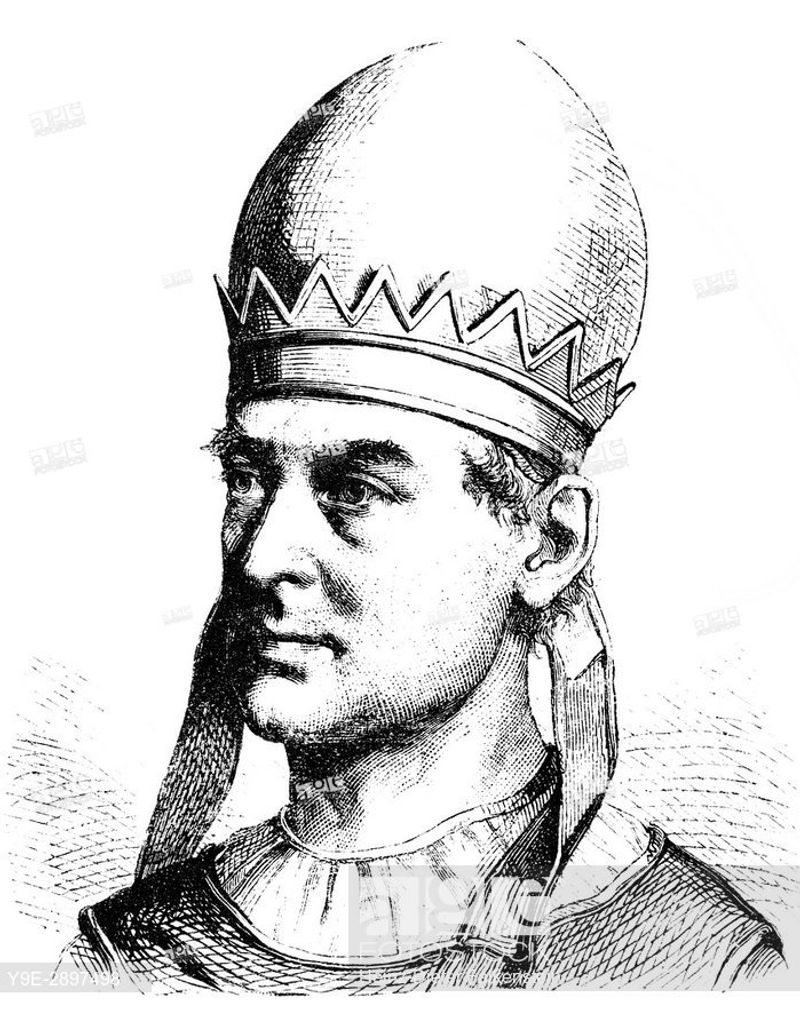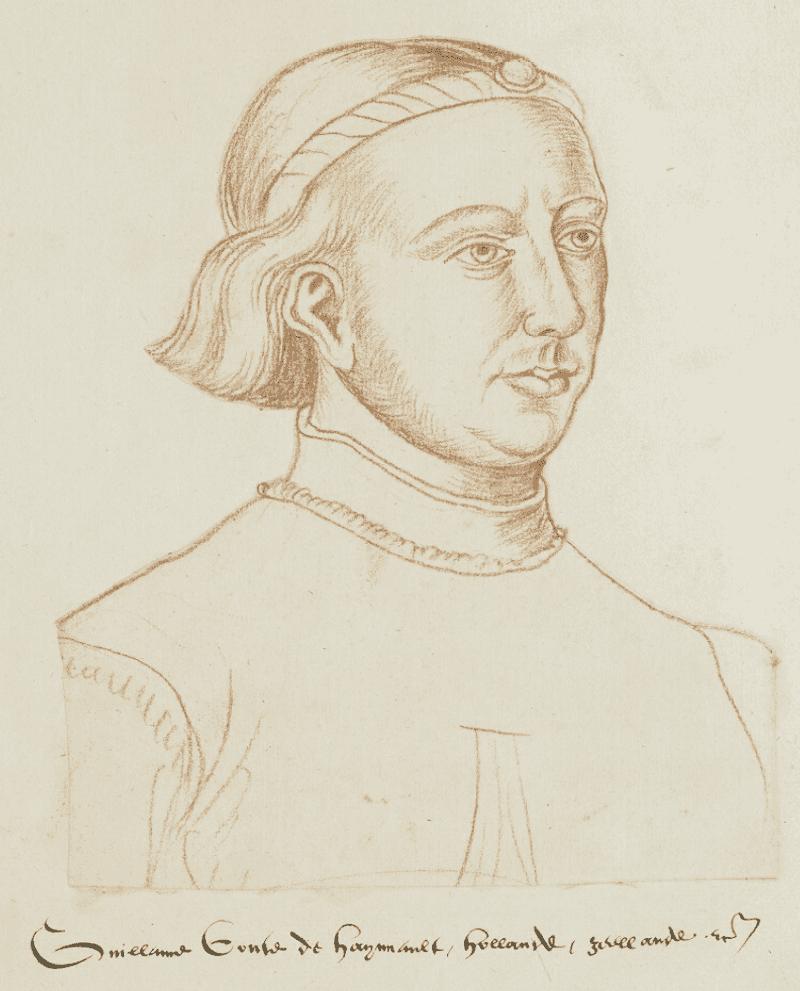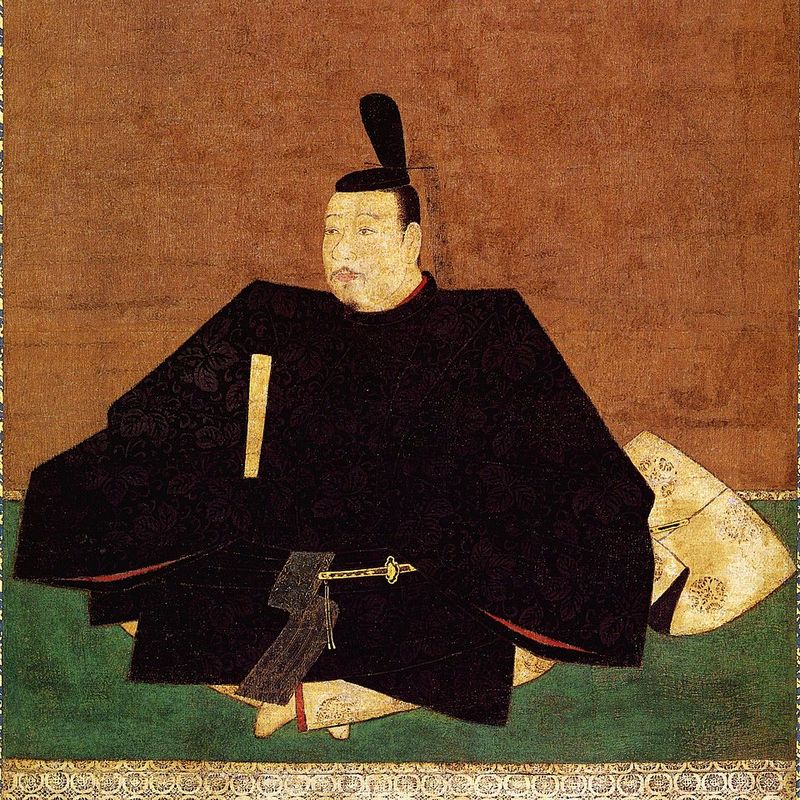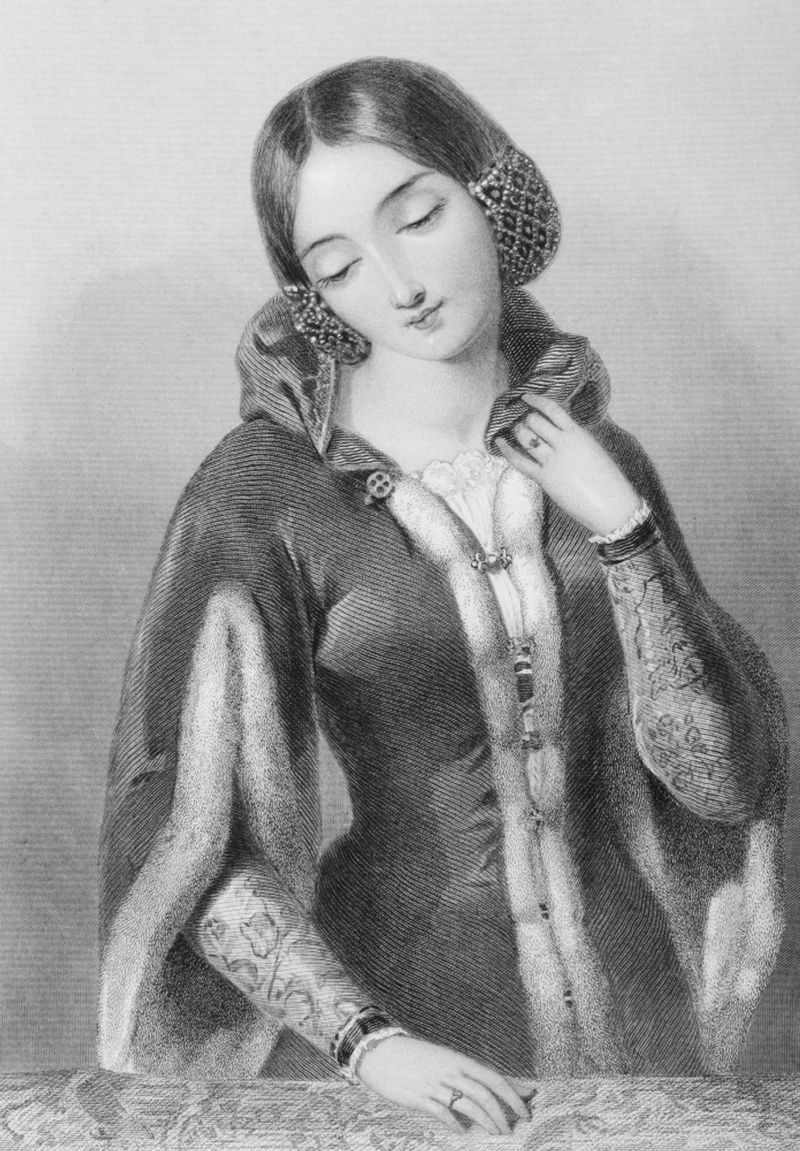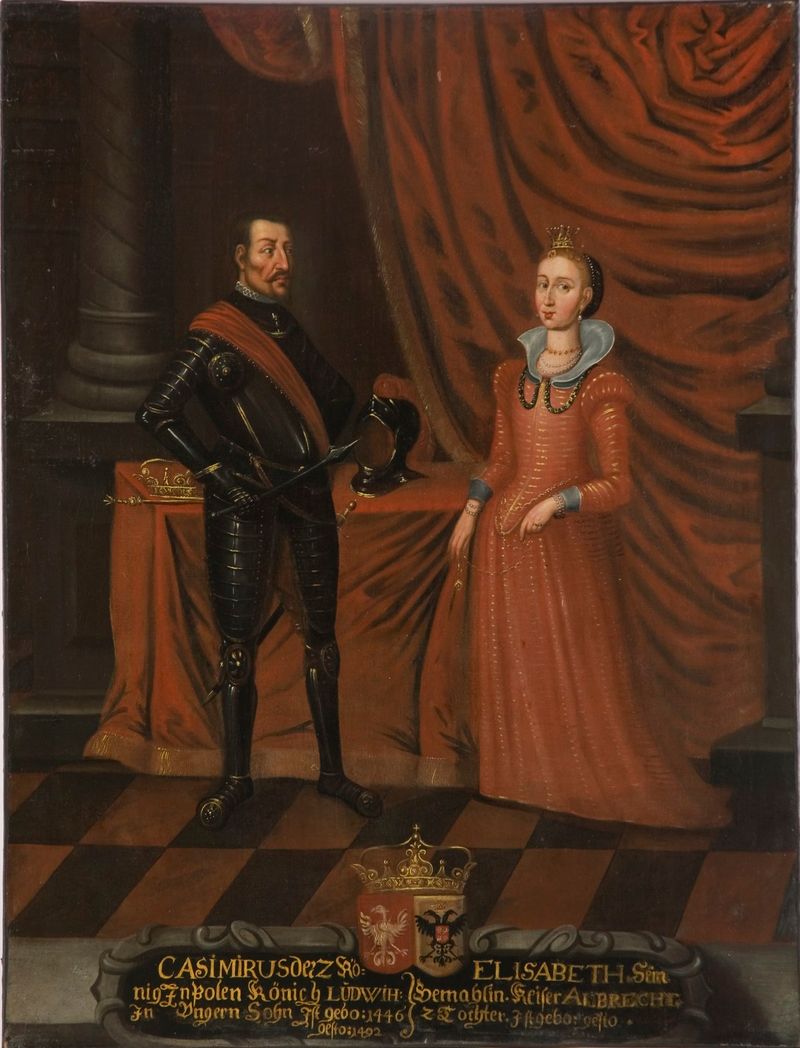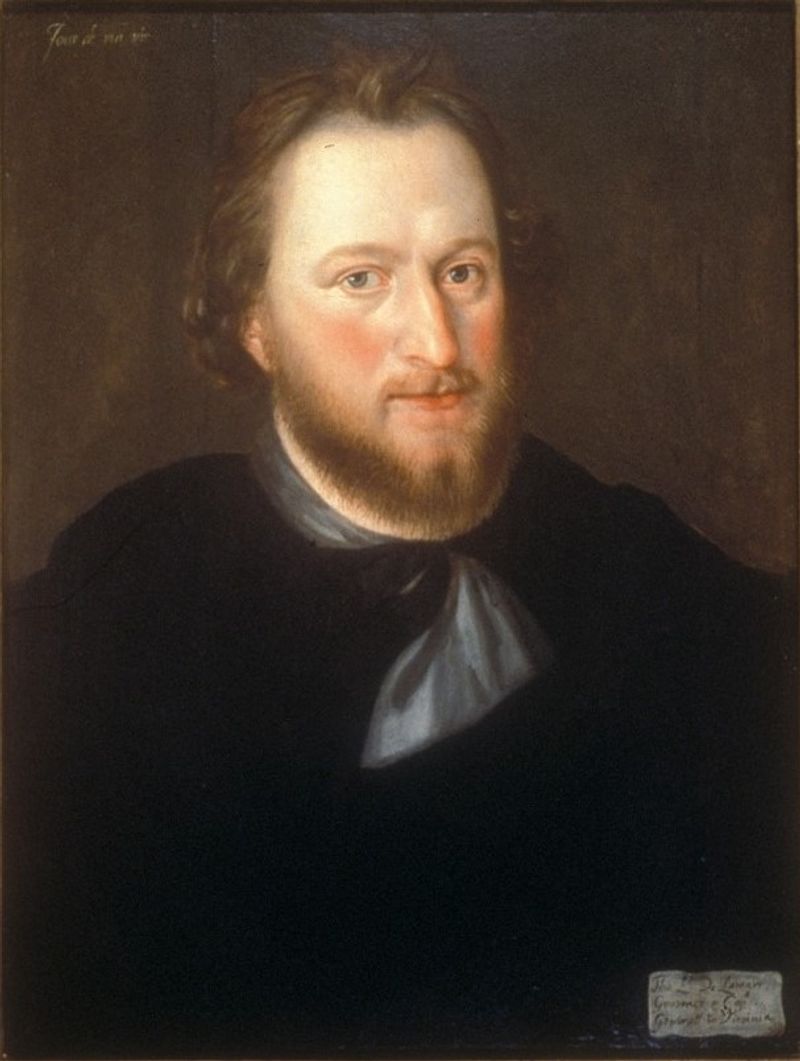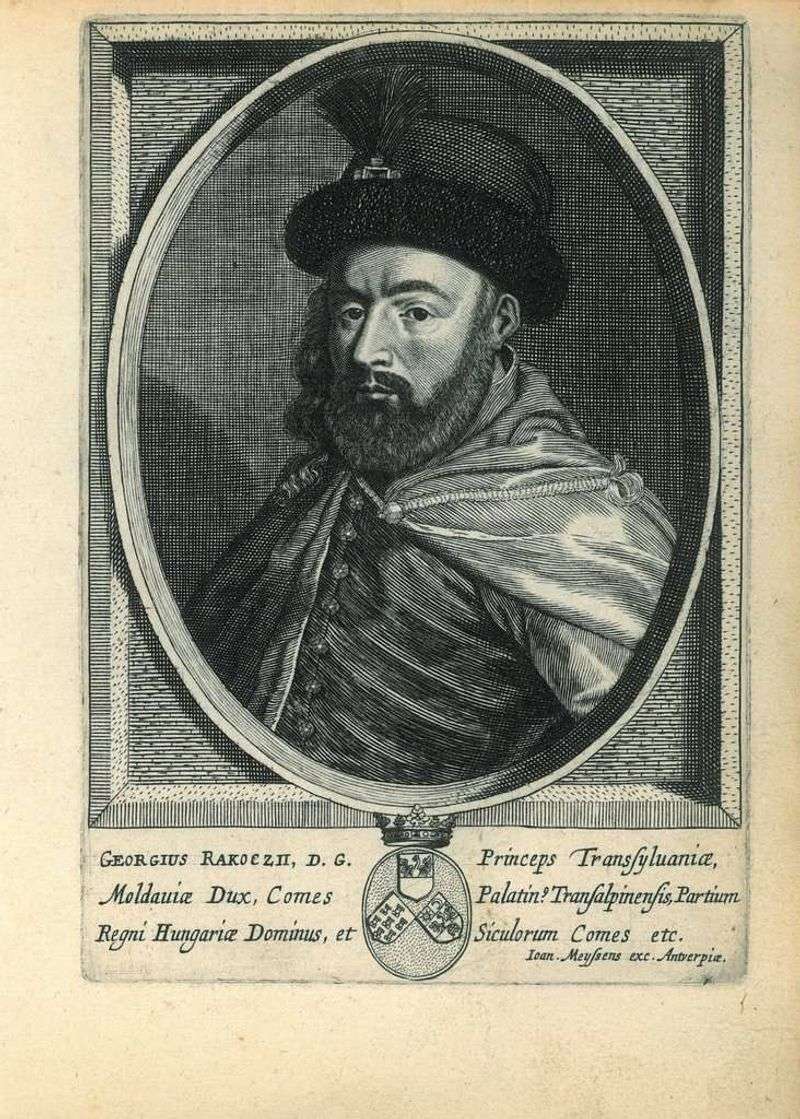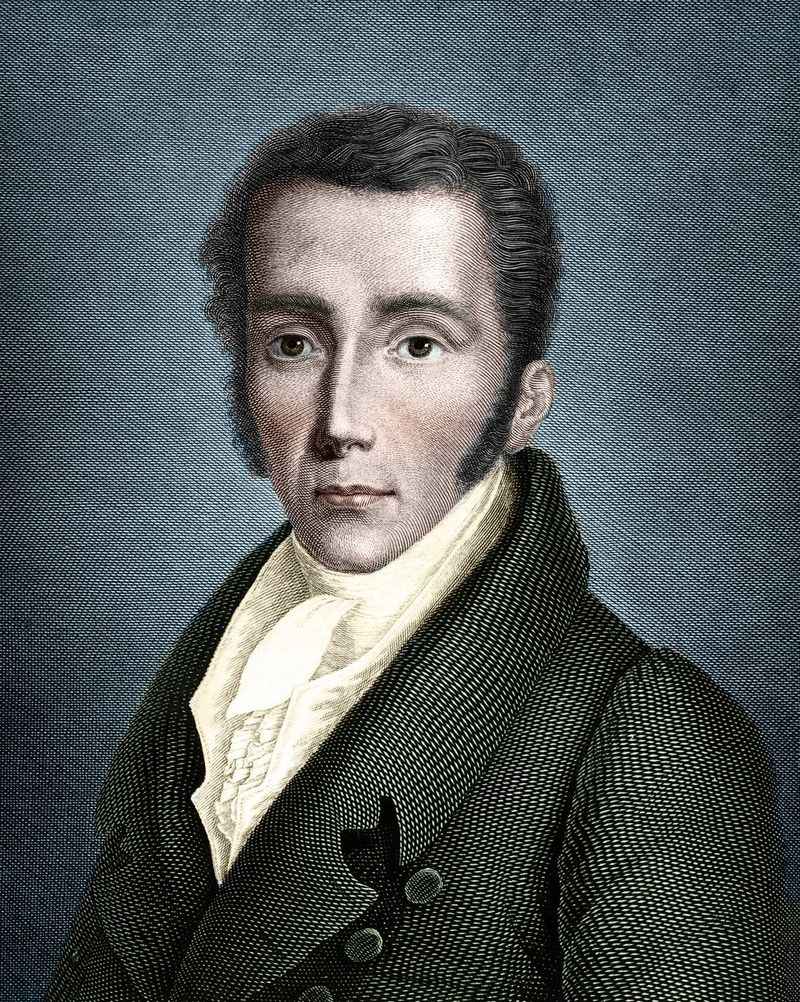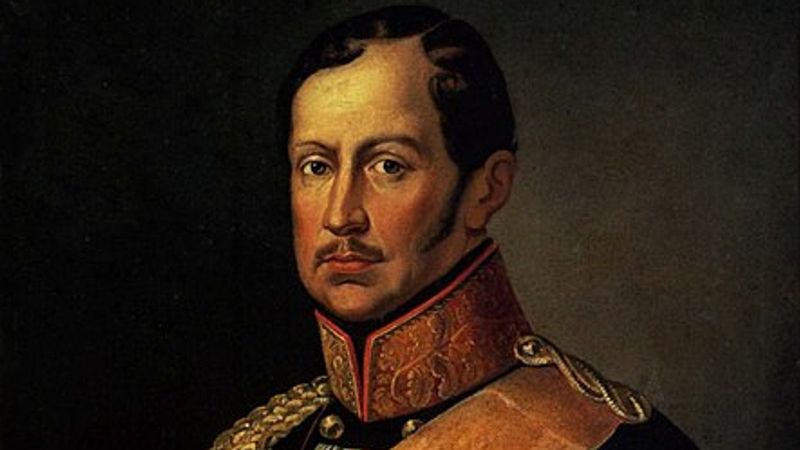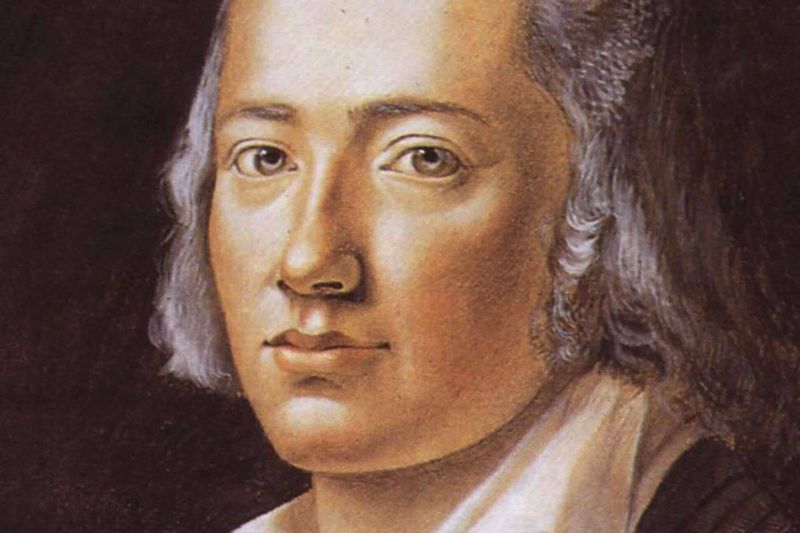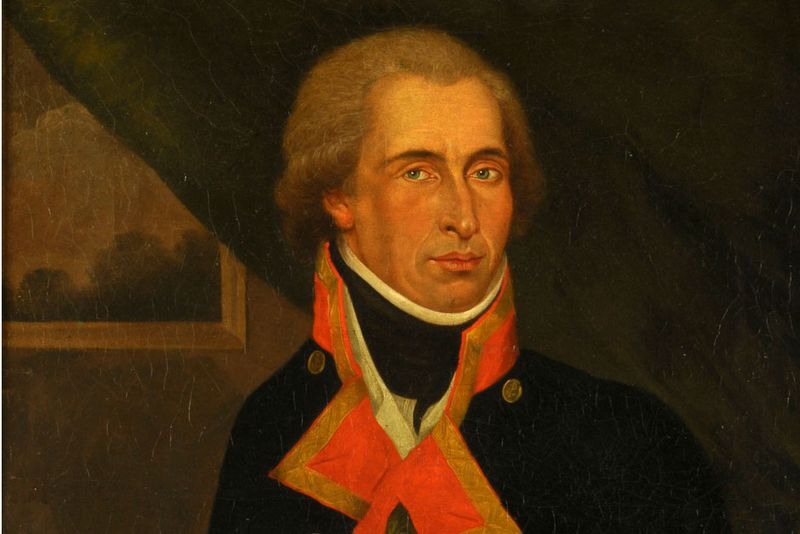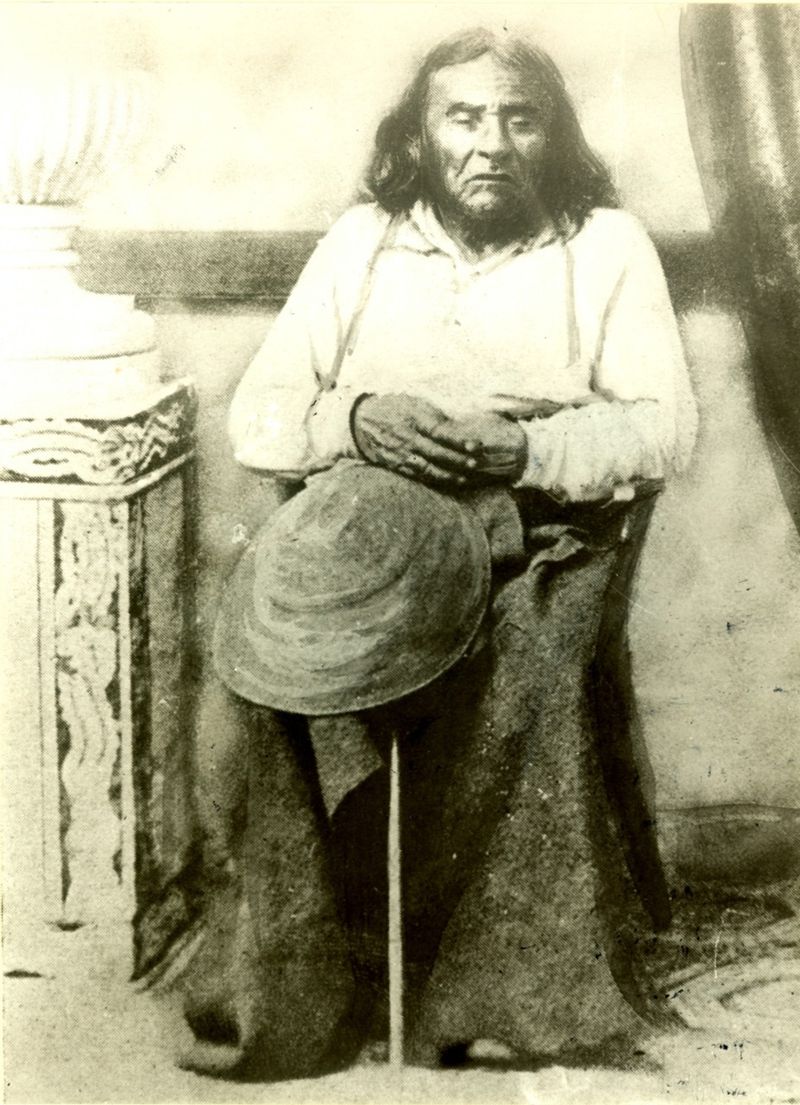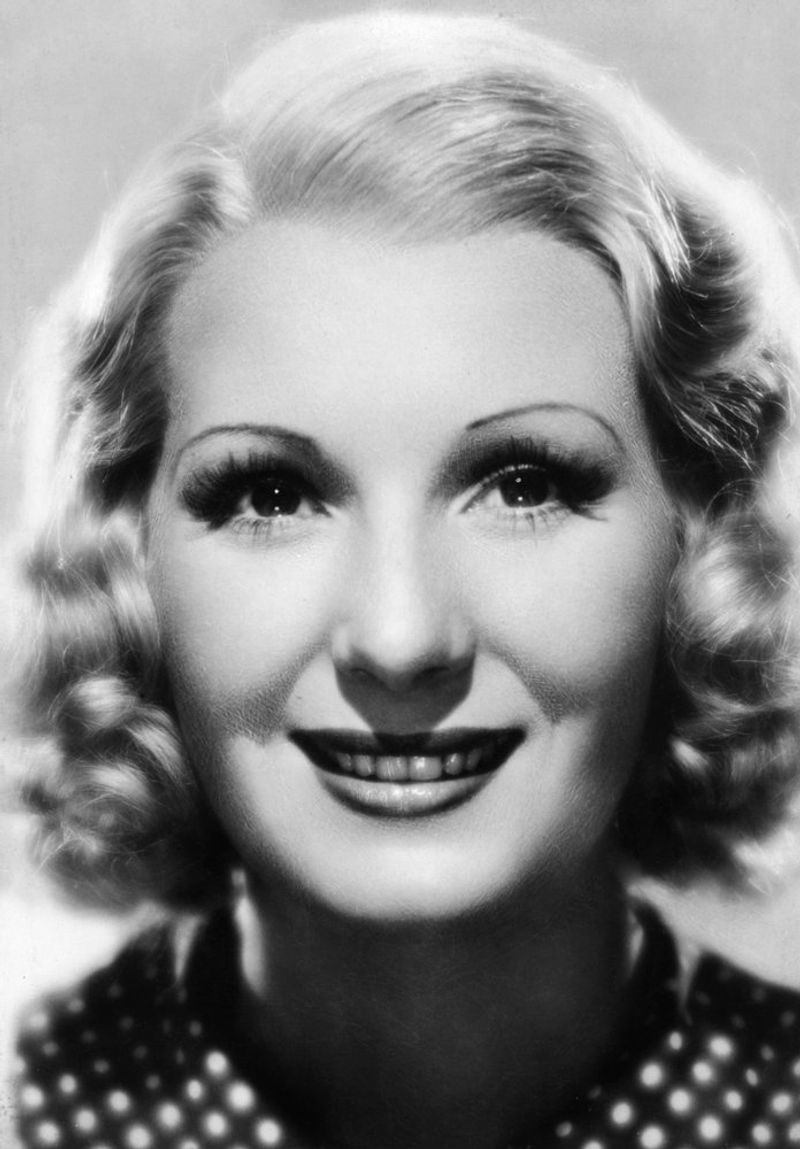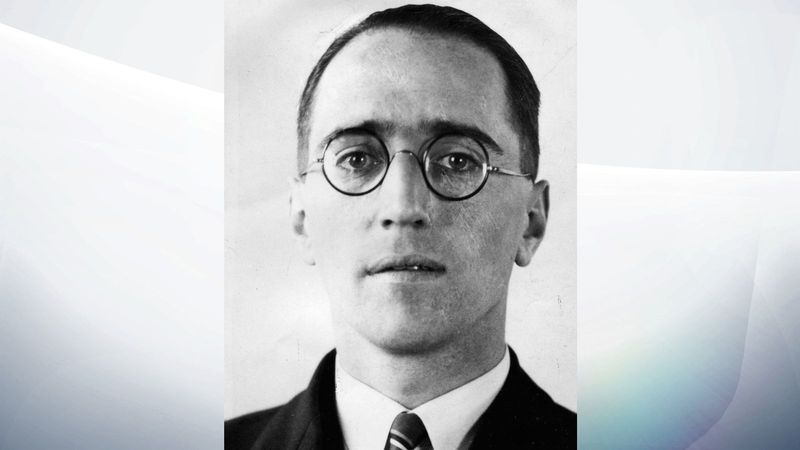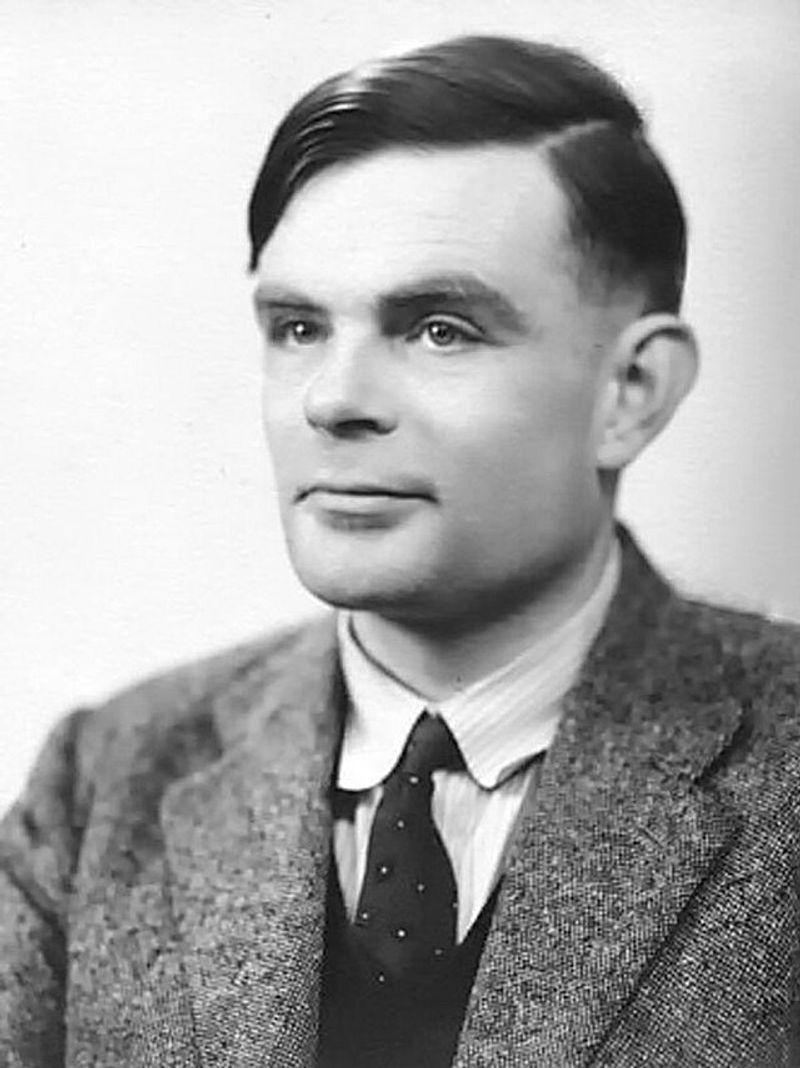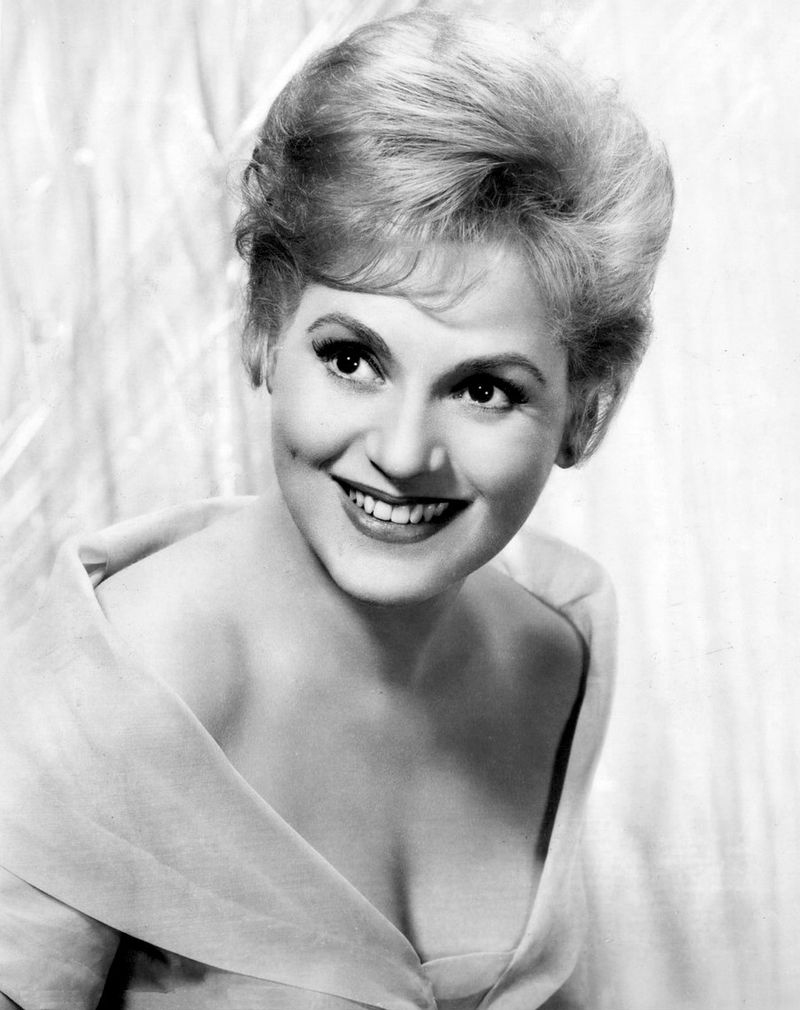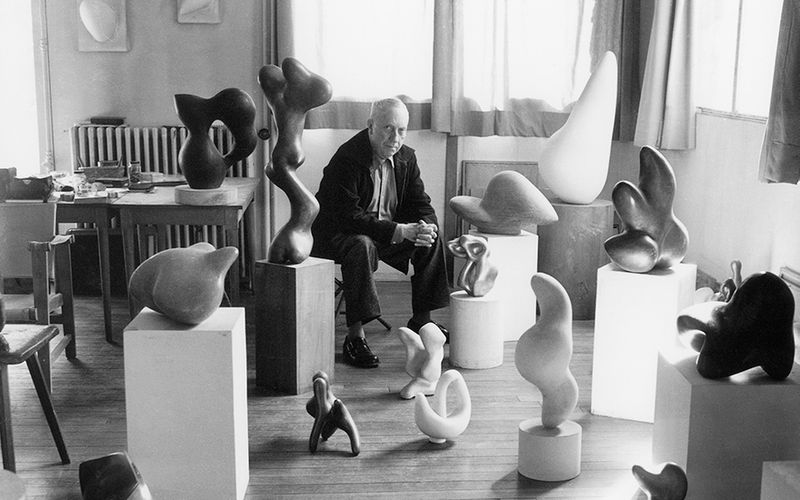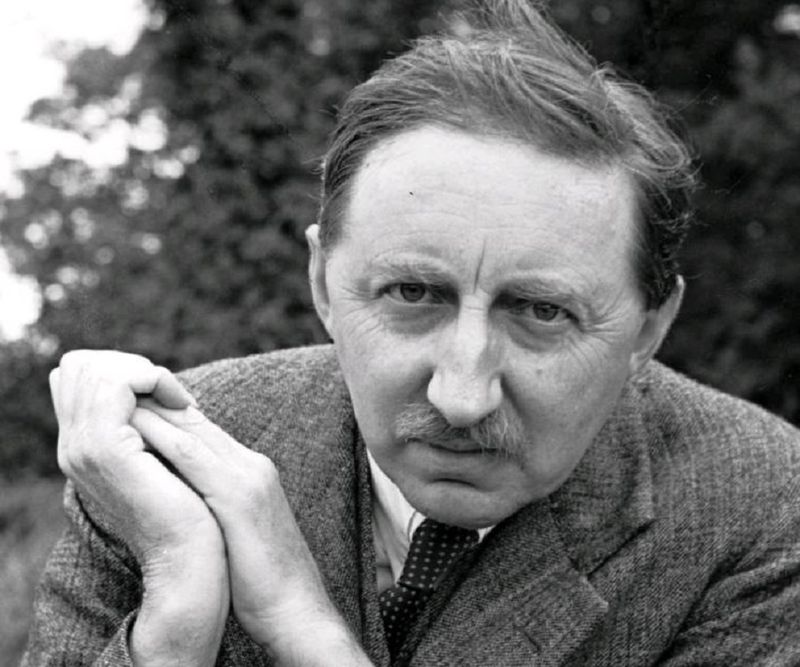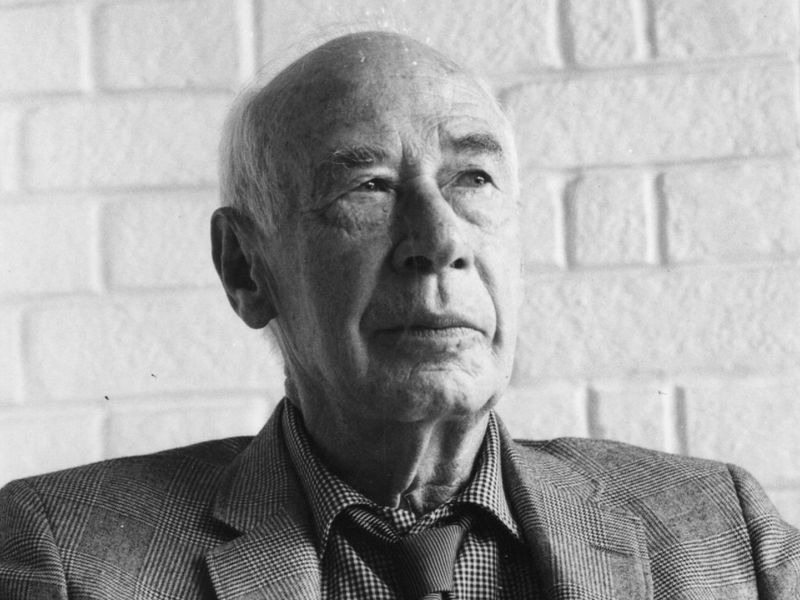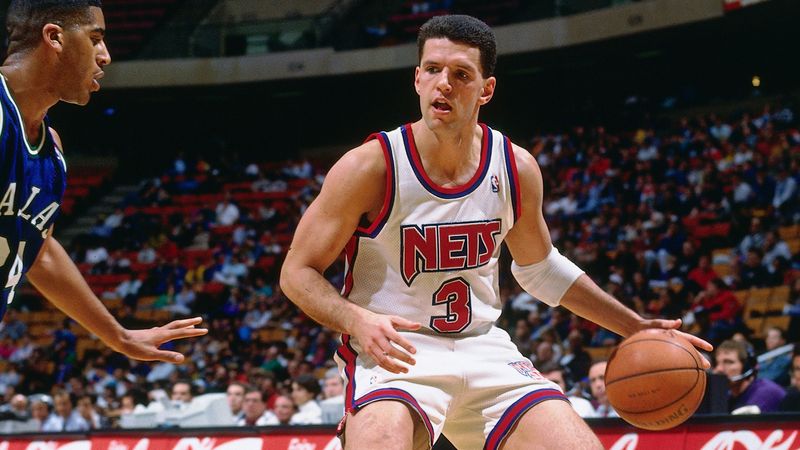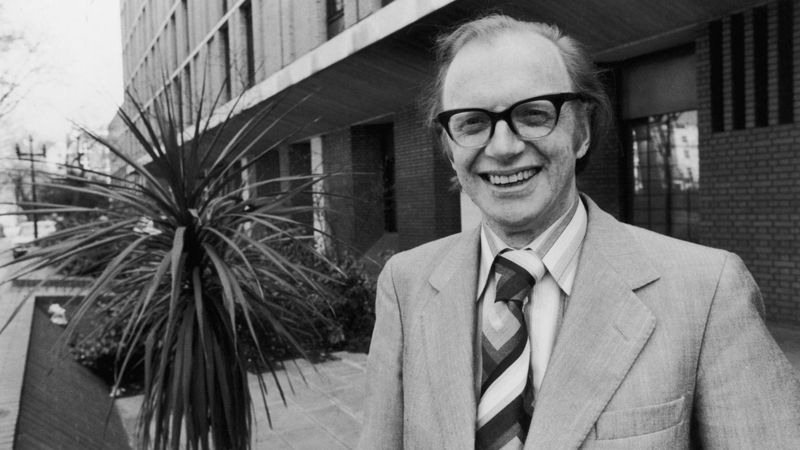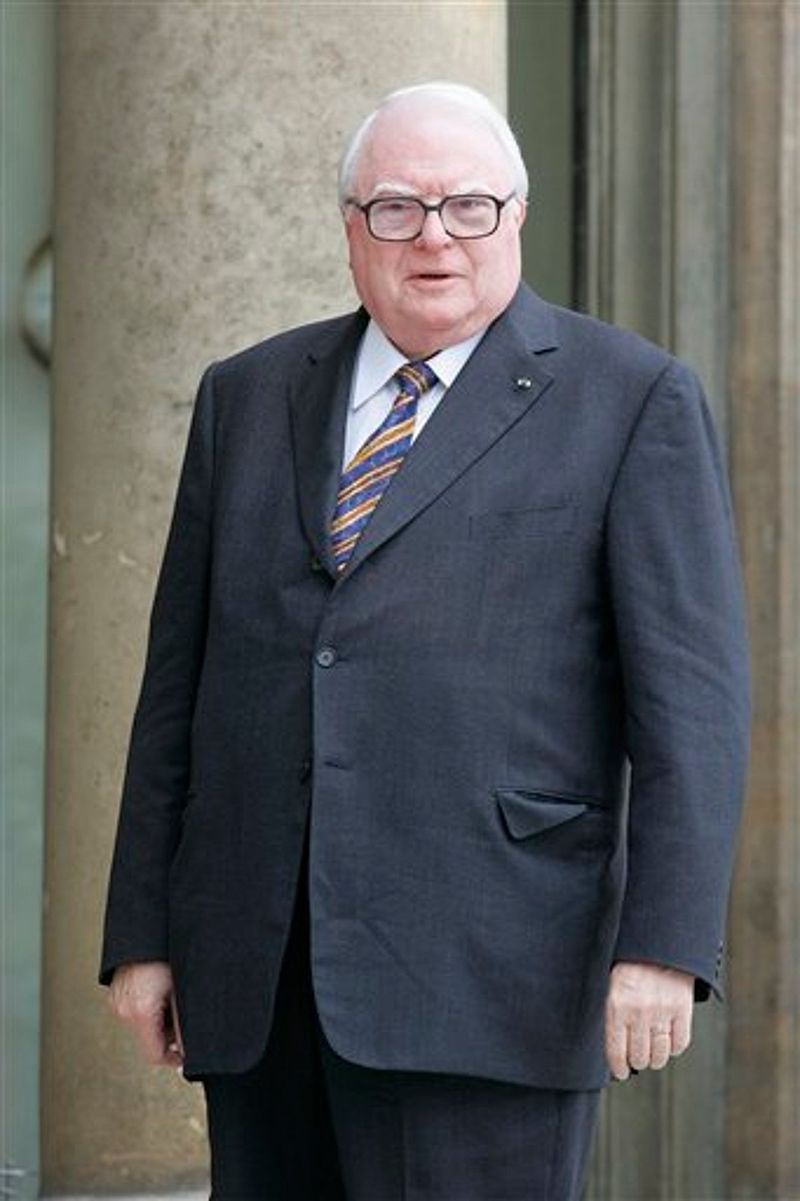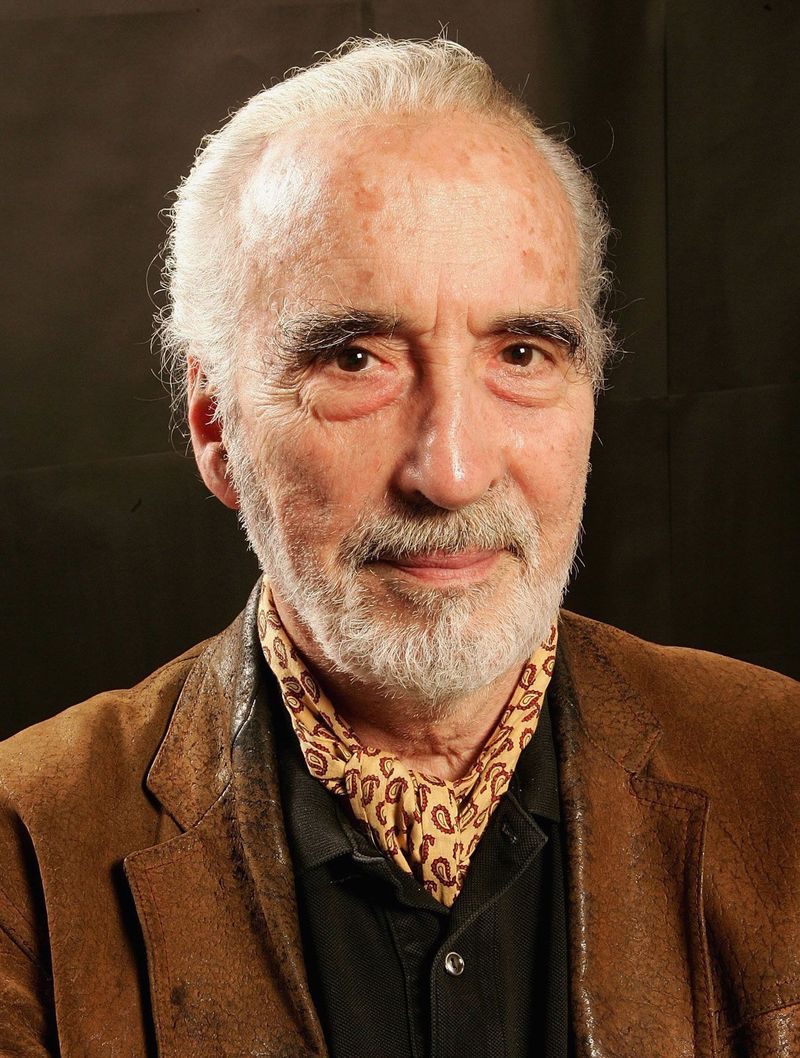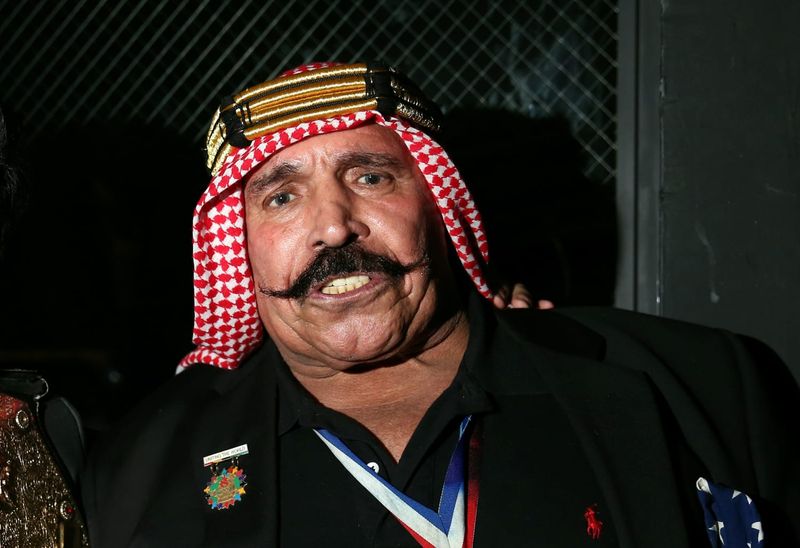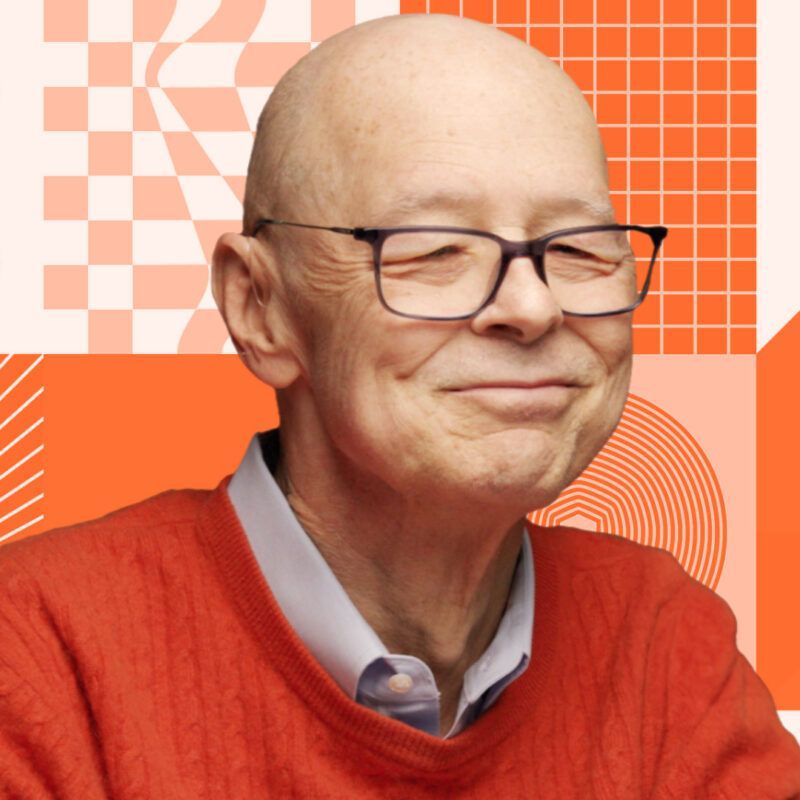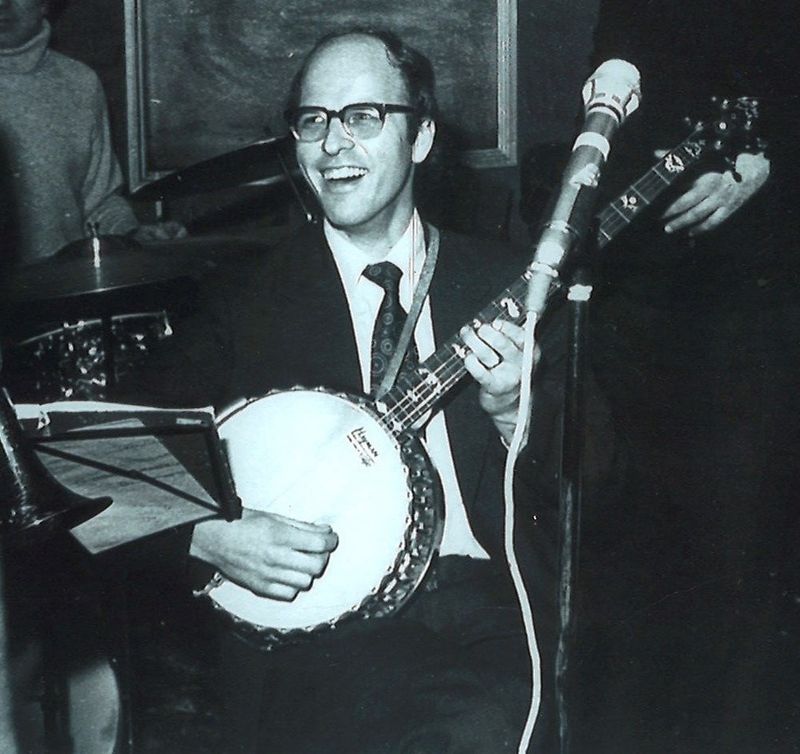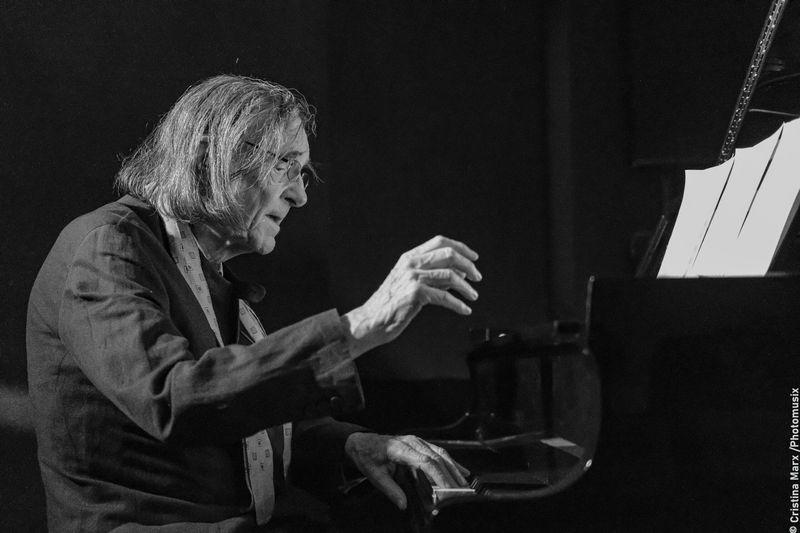Throughout history, many notable figures have left an indelible mark on the world, only to pass away on the same date – June 7. This blog post explores 33 distinguished individuals from various domains, who once graced the earth and left behind rich legacies.
1. Pope Vigilius, Religious Leader, 555
Pope Vigilius was a religious leader in the 6th century, who became the pope under controversial circumstances. He was once part of a diplomatic mission before his elevation to the papacy. Vigilius faced significant challenges during his tenure, including the Three Chapters Controversy. His papacy was marked by conflicts with the Byzantine Emperor Justinian I. Despite these challenges, Vigilius’ faith and determination were unwavering. Known for his resilience, he sought to maintain the church’s authority. His death in 555 marked the end of a turbulent yet impactful papacy. Vigilius’ legacy remains a subject of historical interest.
2. Robert the Bruce, King of Scots, 1329
Robert the Bruce was a Scottish king renowned for his role in the First War of Scottish Independence. He famously defeated the English at the Battle of Bannockburn in 1314. Known for his strategic brilliance, Robert’s leadership was pivotal in reclaiming Scotland’s sovereignty. His reign saw the strengthening of Scottish identity and governance. Despite facing adversities, including betrayal and exile, Robert remained steadfast. His determination and leadership qualities have been celebrated in Scottish history and lore. His death in 1329 brought an end to a reign that significantly shaped Scotland’s future.
3. William I, Count of Hainaut, Nobleman, 1337
William I served as the Count of Hainaut, Holland, and Zeeland, leaving a notable legacy in medieval European history. Known for his diplomatic acumen, William forged alliances through strategic marriages. His court was a center of culture and learning. William’s leadership extended beyond his territories, impacting broader European political landscapes. Despite the turbulence of the times, he maintained stability and prosperity within his domains. His death in 1337 marked the end of an era of medieval nobility. William’s contributions to medieval politics and culture continue to be acknowledged by historians today.
4. Ashikaga Takauji, Japanese Shogun, 1358
Ashikaga Takauji was the founder and first shogun of the Ashikaga shogunate in Japan. His rise to power marked the beginning of the Muromachi period. Takauji’s leadership was characterized by military acumen and political savvy. He played a key role in overthrowing the Kamakura shogunate. Despite initial resistance, Takauji established a new order that lasted for several centuries. His governance was marked by efforts to balance power between the court and shogunate. Takauji’s death in 1358 concluded a transformative period in Japanese history, leaving a legacy of renewed stability and governance.
5. Anne of Bohemia, Queen of England, 1394
Anne of Bohemia was Queen of England as the wife of King Richard II. Her marriage was politically significant, strengthening ties between England and Bohemia. Anne was admired for her gentle nature and advocacy for peace. She played a pivotal role in cultural exchanges between her homeland and England. Despite facing criticism, Anne’s influence on English culture and court life was profound. Her untimely death in 1394 was mourned by many, including her husband. Anne’s legacy as a peacemaker and cultural bridge endures, remembered for her contributions to English and Bohemian relations.
6. Casimir IV Jagiellon, King of Poland, 1492
Casimir IV Jagiellon was a significant figure in Polish and Lithuanian history, ruling as King of Poland. His reign marked a period of expansion and consolidation for the Jagiellonian dynasty. Known for his diplomatic and military skills, Casimir strengthened ties with neighboring states. His domestic policies promoted economic growth and stability. Despite the challenges of ruling a large and diverse realm, Casimir’s leadership brought prosperity. His death in 1492 ended a reign that greatly influenced the region’s landscape. Casimir’s legacy continues to be celebrated for its impact on Poland’s historical trajectory.
7. Thomas West, 3rd Baron De La Warr, Colonial Governor of Virginia, 1618
Thomas West, 3rd Baron De La Warr, played a crucial role in the early colonial history of America. As Governor of Virginia, he helped stabilize the colony during its formative years. Known for his strong leadership, De La Warr’s decisive actions aided in the survival of the Jamestown settlement. He implemented crucial reforms and fostered new relationships with Indigenous populations. Despite facing adversity, his tenure marked a turning point for the colony. His death in 1618 left a lasting legacy in American colonial history, and his name lives on in Delaware.
8. George II Rákóczi, Prince of Transylvania, 1660
George II Rákóczi was a significant 17th-century Transylvanian prince. His rule was marked by ambitious military campaigns and efforts to expand his influence. Rákóczi’s attempts to gain the Polish crown illustrated his aspirations for power beyond his principality. Despite mixed success, his leadership was characterized by resilience and determination. He faced opposition but remained steadfast in his goals. His death in 1660 marked the end of an era of Rákóczi’s ambitions. His legacy remains a topic of interest for those studying Transylvanian and Eastern European history, reflecting a time of political complexity.
9. Henry Dodwell, Irish Theologian, 1711
Henry Dodwell was an esteemed Irish theologian and scholar, known for his contributions to theological debates of his time. He published numerous works on ecclesiastical history and doctrine. Dodwell’s intellectual pursuits were driven by a commitment to rigorous scholarship. His debates with contemporaries showcased his deep knowledge and wit. Despite controversies, his works influenced religious thought in the 18th century. His death in 1711 ended a career marked by intellectual rigor and theological exploration. Dodwell’s legacy endures, with his writings continuing to be studied for their insights into early modern theology.
10. Joseph von Fraunhofer, German Physicist and Optician, 1826
Joseph von Fraunhofer was a pioneering German physicist and optician, famous for his work in spectroscopy. He played a crucial role in the development of precise optical instruments. His discovery of Fraunhofer lines in the solar spectrum was groundbreaking. Known for his meticulous craftsmanship, Fraunhofer’s instruments revolutionized scientific research. Despite early hardships, his dedication to science led to significant advancements. His death in 1826 cut short a brilliant career. Fraunhofer’s legacy is celebrated in the fields of physics and optics, and his contributions continue to influence scientific endeavors today.
11. Frederick William III, King of Prussia, 1840
Frederick William III was the King of Prussia, known for his role during the Napoleonic Wars. His reign marked a period of reform and modernization in Prussia. Despite initial setbacks, his leadership helped restore Prussian prestige in Europe. Frederick William’s efforts in promoting educational and military reforms were notable. His reign saw the emergence of Prussia as a significant European power. His death in 1840 concluded a transformative period in Prussian history. Frederick William’s legacy is remembered for his contributions to the modernization and strengthening of Prussian statehood.
12. Friedrich Hölderlin, German Poet, 1843
Friedrich Hölderlin was a celebrated German poet, known for his lyrical and philosophical works. His poetry reflected deep engagement with classical themes and personal struggles. Hölderlin’s unique voice contributed to the transition between classical and romantic literature in Germany. Despite facing personal challenges, including periods of mental illness, his creativity flourished. Hölderlin’s works have been rediscovered and appreciated for their depth and beauty. His death in 1843 marked the end of a life dedicated to art and thought. Hölderlin’s legacy continues to inspire readers and writers worldwide.
13. Antonio Valero de Bernabé, Puerto Rican Military Leader, 1863
Antonio Valero de Bernabé was a distinguished Puerto Rican military leader and revolutionary. Known as the “Liberator of Puerto Rico,” he fought for Latin American independence. Valero’s military career was marked by strategic brilliance and dedication to freedom. He collaborated with prominent figures like Simón Bolívar. Despite facing numerous challenges, Valero’s commitment to liberation was unwavering. His efforts contributed to the broader independence movements in Latin America. His death in 1863 marked the end of a life dedicated to the cause of freedom. Valero’s legacy as a patriot and strategist endures.
14. Chief Seattle, Native American Leader, 1866
Chief Seattle was a prominent Native American leader of the Suquamish and Duwamish tribes. He is best remembered for his leadership and eloquent speech advocating for Indigenous rights and environmental stewardship. Seattle’s wisdom and diplomacy were instrumental in negotiating peace with European settlers. Despite the challenges of colonization, he remained committed to the well-being of his people. His legacy is celebrated in the city of Seattle, named in his honor. Chief Seattle’s death in 1866 marked the passing of a revered leader. His words and vision continue to inspire environmental and cultural movements today.
15. Jean Harlow, American Actress, 1937
Jean Harlow was a renowned American actress, hailed as one of the biggest stars of the 1930s. Known as the “Blonde Bombshell,” her charisma and talent captivated audiences worldwide. Harlow’s film career was marked by iconic roles and box office success. Despite facing personal and professional challenges, her dedication to her craft was unwavering. Harlow’s untimely death in 1937 shocked the world, leaving a void in Hollywood. Her legacy as a trailblazer and style icon endures, influencing generations of actresses. Harlow’s films continue to be celebrated for their wit and glamour.
16. Alan Blumlein, British Engineer and Inventor, 1942
Alan Blumlein was a pioneering British engineer and inventor, known for his innovations in audio and television technology. His work on stereo sound significantly advanced recording techniques. During World War II, Blumlein contributed to radar development, enhancing military capabilities. His inventive spirit and technical acumen were widely recognized. Despite his untimely death in 1942, Blumlein’s contributions to technology have had a lasting impact. He is remembered as a visionary in the fields of audio engineering and electronics. Blumlein’s legacy continues to influence modern technological advancements.
17. Alan Turing, British Mathematician and Computer Scientist, 1954
Alan Turing was a pioneering British mathematician and computer scientist, whose work laid the foundation for modern computing. He played a crucial role in breaking the Enigma code during World War II, significantly aiding the Allied war effort. Turing’s contributions to artificial intelligence and theoretical computer science are renowned. Despite facing personal adversity, his brilliance and vision were unparalleled. Turing’s death in 1954 was a tragic loss to the scientific community. His legacy as a father of computer science and a war hero endures, inspiring generations of technologists.
18. Judy Holliday, American Actress and Singer, 1965
Judy Holliday was an acclaimed American actress and singer, celebrated for her comedic talent and captivating performances. Her breakthrough role in “Born Yesterday” earned her an Academy Award. Holliday’s career spanned film, theatre, and television, showcasing her versatility. Known for her intelligence and wit, she broke stereotypes with her portrayals of complex characters. Despite facing challenges in Hollywood, Holliday’s dedication to her craft was evident. Her death in 1965 marked the loss of a beloved performer. Holliday’s legacy as a trailblazer in comedy and drama continues to be celebrated.
19. Jean Arp, German-French Sculptor and Painter, 1966
Jean Arp was a pioneering German-French sculptor and painter, known for his contributions to the Dada and Surrealist movements. His work explored abstraction and organic forms, challenging traditional artistic conventions. Arp’s unique voice and innovative techniques left a lasting impact on modern art. His collaborations with other avant-garde artists enriched his artistic expression. Despite facing the tumultuous events of the 20th century, Arp’s creativity flourished. His death in 1966 marked the end of a prolific artistic career. Arp’s legacy continues to inspire artists and art enthusiasts worldwide.
20. Dorothy Parker, American Poet and Critic, 1967
Dorothy Parker was a celebrated American poet, critic, and satirist, known for her sharp wit and insightful commentary. Her work appeared in publications like The New Yorker, where her distinctive voice resonated with readers. Parker was a founding member of the Algonquin Round Table, a circle of influential writers and thinkers. Despite personal struggles, her literary contributions were profound. Her death in 1967 ended a remarkable career in literature and journalism. Parker’s legacy endures through her enduring works, which continue to entertain and inspire new generations of readers.
21. E. M. Forster, English Novelist, 1970
E. M. Forster was a distinguished English novelist, known for his exploration of class and human connection in his works. His novels, including “A Passage to India” and “Howard’s End,” are celebrated for their insight and social critique. Forster’s writing style combined wit with a deep understanding of human nature. Despite living through tumultuous times, his literary voice remained influential. His death in 1970 marked the end of a life dedicated to literature. Forster’s legacy continues to be cherished by readers and scholars worldwide, reflecting the enduring power of his storytelling.
22. Henry Miller, American Novelist, 1980
Henry Miller was a renowned American novelist, celebrated for his candid and unconventional writing style. His works, such as “Tropic of Cancer,” broke literary boundaries and faced censorship. Miller’s exploration of existential themes and personal freedom resonated with readers. Despite controversy, his literary voice was fearless and pioneering. Miller’s influence extended beyond literature, inspiring artists and thinkers. His death in 1980 marked the end of a provocative and impactful literary career. Miller’s legacy continues to challenge and inspire, reflecting his enduring quest for artistic and personal freedom.
23. Dražen Petrović, Croatian Basketball Player, 1993
Dražen Petrović was a legendary Croatian basketball player, celebrated for his exceptional skill and determination. Known as the “Mozart of Basketball,” his talent was evident on both European and NBA courts. Petrović’s career was marked by numerous accolades and a pioneering spirit. He was one of the first European players to make a significant impact in the NBA. Despite facing challenges, his dedication to the game was unwavering. Petrović’s untimely death in 1993 was a tragic loss to the sports world. His legacy as a basketball icon continues to inspire athletes globally.
24. Dennis Potter, English Television Dramatist, 1994
Dennis Potter was a renowned English television dramatist, known for his innovative and provocative work. His dramas, such as “The Singing Detective,” pushed the boundaries of conventional storytelling. Potter’s unique approach combined narrative, music, and social critique. Despite facing personal health struggles, his creative output was prolific. His death in 1994 marked the end of a groundbreaking career in television. Potter’s legacy continues to shape the landscape of TV drama, influencing writers and creators. His work remains a testament to his vision and willingness to challenge societal norms.
25. Pierre Mauroy, French Prime Minister, 2013
Pierre Mauroy was a significant French political figure, serving as the Prime Minister of France from 1981 to 1984. His tenure marked a period of social reform and economic challenge. Mauroy’s leadership was characterized by his commitment to socialist principles and public service. He oversaw key policy changes, including decentralization and education reform. Despite facing economic difficulties, his policies aimed at improving social welfare. His death in 2013 ended a long and influential political career. Mauroy’s legacy continues to be remembered for his contributions to French politics and governance.
26. Christopher Lee, English Actor, 2015
Christopher Lee was an iconic English actor, known for his deep voice and versatile roles in cinema. His career spanned decades, with memorable performances in films like “Dracula” and “The Lord of the Rings.” Lee’s commanding presence and talent captivated audiences worldwide. Despite facing typecasting, his adaptability allowed him to explore diverse roles. His death in 2015 marked the end of an illustrious acting career. Lee’s legacy as a film legend continues to inspire actors and filmmakers. His contributions to the arts are celebrated across generations, reflecting a life dedicated to storytelling.
27. The Iron Sheik, Iranian-American Professional Wrestler, 2023
The Iron Sheik was a famous Iranian-American professional wrestler, known for his charisma and showmanship. He gained fame in the 1980s as a wrestling villain, captivating audiences with his persona. The Iron Sheik’s career was marked by iconic rivalries and memorable matches. Despite facing personal challenges, he remained a beloved figure in wrestling. His death in 2023 marked the end of a colorful and influential career. The Iron Sheik’s legacy as an entertainer and cultural icon continues to resonate with fans. His impact on professional wrestling is celebrated worldwide.
28. William Anders, American Astronaut (Apollo 8), 2024
William Anders was an American astronaut, known for his role in the historic Apollo 8 mission. He captured the iconic “Earthrise” photograph from lunar orbit, inspiring awe and reflection. Anders’ contributions to space exploration are celebrated, particularly in advancing human understanding of space. His career extended beyond NASA, impacting environmental and energy policy. Despite the challenges of space travel, Anders’ dedication to exploration was profound. His death in 2024 marked the end of a life dedicated to innovation and discovery. Anders’ legacy continues to inspire future generations of explorers and scientists.
29. Tony Knight, British Comedian and Dog Trainer, 2024
Tony Knight was a British comedian and dog trainer, known for his wit and unique approach to comedy and animal behavior. His career combined humor and expertise, making him a beloved figure in both fields. Knight’s performances brought laughter and joy, while his dog training skills earned him respect and admiration. Despite facing personal challenges, his passion for comedy and animals was unwavering. His death in 2024 marked the end of a multifaceted career. Knight’s legacy continues to entertain and educate, reflecting his commitment to laughter and love for animals.
30. David Boaz, American Libertarian Philosopher, 2024
David Boaz was a prominent American libertarian philosopher and author, known for his advocacy of individual freedom and limited government. His work at the Cato Institute helped shape modern libertarian thought. Boaz’s writings and public speeches articulated the principles of liberty and free markets. Despite facing opposition, his commitment to libertarian ideals was unwavering. His death in 2024 marked the end of a significant career in political philosophy. Boaz’s legacy continues to influence political discourse, inspiring advocates of freedom worldwide. His contributions to libertarianism are celebrated by scholars and activists alike.
31. Vincent Duggleby, British Radio Presenter, 2024
Vincent Duggleby was a beloved British radio presenter, known for his engaging style and rapport with audiences. His career spanned decades, marked by memorable broadcasts and interviews. Duggleby’s voice became a staple for listeners, offering both entertainment and insight. Despite facing the challenges of changing media landscapes, his passion for radio was evident. His death in 2024 marked the end of a distinguished broadcasting career. Duggleby’s legacy as a cherished voice on the airwaves continues to be celebrated. His contributions to radio have left a lasting impact on listeners and colleagues alike.
32. Greg Quicke, Australian Astronomer and Author, 2024
Greg Quicke was an Australian astronomer and author, known for his passion for the stars and engaging storytelling. His work popularized astronomy, making it accessible and exciting for audiences. Quicke’s enthusiasm for the night sky was infectious, inspiring many to explore the universe. His books and public talks reflected his deep knowledge and love for astronomy. Despite facing challenges, his commitment to education and science communication was unwavering. His death in 2024 marked the end of a life dedicated to the cosmos. Quicke’s legacy continues to inspire stargazers and science enthusiasts globally.
33. Ernstalbrecht Stiebler, German Composer, 2024
Ernstalbrecht Stiebler was a renowned German composer, celebrated for his minimalist and avant-garde compositions. His work explored the boundaries of sound and silence, influencing contemporary classical music. Stiebler’s compositions were characterized by their simplicity and depth, resonating with audiences worldwide. Despite facing the challenges of artistic innovation, his dedication to music was unwavering. His death in 2024 marked the end of a pioneering career in composition. Stiebler’s legacy continues to inspire musicians and composers, reflecting his commitment to exploring new musical frontiers. His contributions to music are celebrated by audiences and critics alike.
